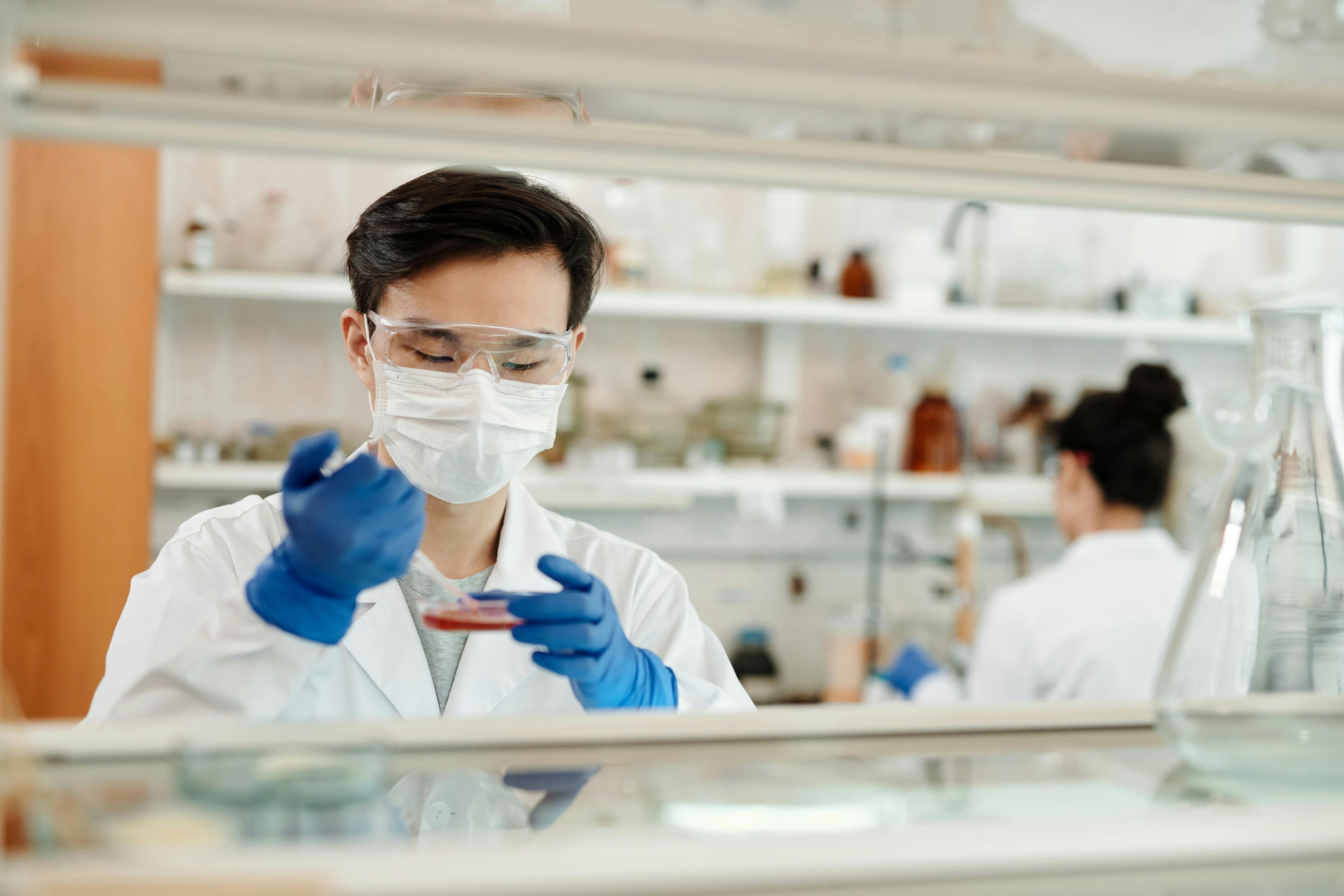Ingredient Education · 5 min read

It started innocently enough. One perfect cup of coffee in the morning, instant mental clarity, ready to tackle anything. But somewhere along the way, your faithful morning ritual began failing you.
First, you needed two cups. “Just a busy day,” you told yourself. Then three became the new normal. Now you’re downing four cups by lunch and still feeling like you’re thinking through molasses. That afternoon espresso? It might as well be decaf. You’ve tried everything—stronger coffee, cold brew concentrate, even those 300mg energy drinks that make your heart race without actually energizing your brain.
Here’s the truth nobody’s telling you: this isn’t about building tolerance. Your liver, the organ responsible for processing every drop of caffeine you consume, is essentially waving a white flag. And until you address what’s happening inside your body’s most important detox organ, no amount of coffee will bring back that sharp, focused energy you remember.
Your Liver Is Your Coffee’s Processing Plant
When everything’s working properly, caffeine follows a beautiful dance inside your body. It hits your bloodstream, travels to your liver where an enzyme called CYP1A2 breaks it down into metabolites that actually energize and focus you, then clears from your system in about four to six hours. Clean, efficient, effective.
But when your liver is struggling—and most people’s livers are struggling more than they realize—this elegant process becomes a disaster. The same CYP1A2 enzyme that should efficiently process caffeine becomes sluggish, creating different metabolites that make you jittery instead of energized. Instead of clearing in six hours, caffeine lingers for eight, ten, even twelve hours, which explains why you’re lying awake at 2 AM despite having your last coffee at noon.
You’re not developing tolerance—your caffeine processing plant is breaking down.
The most shocking part? Even mild fatty liver disease, which affects nearly 25% of adults and rarely causes obvious symptoms, can reduce your caffeine-processing capacity by up to 50%. Same amount of coffee, half the energizing effect, double the time to clear it from your system. It’s like trying to run a factory with half your workforce.
This creates a vicious cycle that traps millions of coffee drinkers. Coffee stops working, so you drink more coffee. More coffee stresses your already struggling liver. Your liver function decreases further. Coffee becomes even less effective. You drink even more coffee. The cycle continues until you’re consuming dangerous amounts of caffeine just to feel barely awake.
The 30-Day Coffee Revival That Actually Works
The solution isn’t giving up coffee or switching to stronger versions that stress your liver more. It’s supporting your liver’s natural ability to process caffeine efficiently. Most people who follow this protocol report feeling “like coffee works again” within 30 days.
Week one is about strategic reduction and immediate support. Cut your caffeine intake by 50%—not cold turkey, because withdrawal headaches will make you miserable and likely to give up. If you’re drinking six cups, drop to three. Switch afternoon coffee to green tea, which provides gentler caffeine plus liver-supporting compounds. No caffeine after 2 PM to give your system time to clear what you’ve already consumed.
Simultaneously, start supporting your liver with targeted nutrients. Milk thistle protects the actual liver cells responsible for caffeine metabolism. A high-quality B-complex provides the cofactors these enzymes need to function. Magnesium supports the energy conversion process that makes caffeine actually energizing rather than just stimulating.
Weeks two and three focus on rebuilding and restoration. This is where nutrition becomes crucial. Your liver needs high-quality protein to build enzymes, healthy fats to reduce inflammation, and specific compounds found in colorful vegetables to support detoxification. Sugar and processed foods create inflammation that directly damages caffeine-processing enzymes, so reducing these becomes essential.
Sleep becomes non-negotiable during this phase. Your liver does most of its regenerative work while you sleep, and chronic sleep deprivation is one of the fastest ways to compromise caffeine metabolism. Seven to eight hours isn’t a luxury—it’s a requirement for liver health.
Week four is where the magic happens. Most people can carefully reintroduce their morning cup of coffee and immediately notice the difference. Where it used to take three or four cups to feel barely alert, one cup now provides clean, sustained energy that lasts for hours. The jittery, anxious feeling disappears, replaced by the focused clarity coffee is supposed to provide.
Beyond Coffee: What This Really Means
When your liver can’t process caffeine efficiently, it’s struggling with far more than just your morning beverage. The same systems that metabolize caffeine are responsible for processing hormones, regulating blood sugar, eliminating toxins, and converting nutrients into usable energy.
Supporting caffeine metabolism isn’t just about making coffee work again—though that’s certainly a welcome side effect. It’s about optimizing one of your body’s most crucial organ systems. People who complete this protocol often report improvements in energy that go far beyond their coffee response, better sleep quality, more stable moods, and even improved weight management.
The nutrients that restore caffeine processing—milk thistle for liver protection, methionine for enzyme support, B-vitamins for energy conversion, berberine for metabolic health—work synergistically to support comprehensive liver function. This is why targeted liver support like Total Liver, which combines all these compounds in research-backed dosages, often produces results that surprise people with their breadth and depth.
Your relationship with coffee doesn’t have to be a constant battle of diminishing returns. In just 30 days, you could rediscover what it feels like when one cup provides the energy and focus that five cups used to give you. Your liver is remarkably regenerative when given proper support—it’s simply waiting for you to provide what it needs to do its job effectively.


